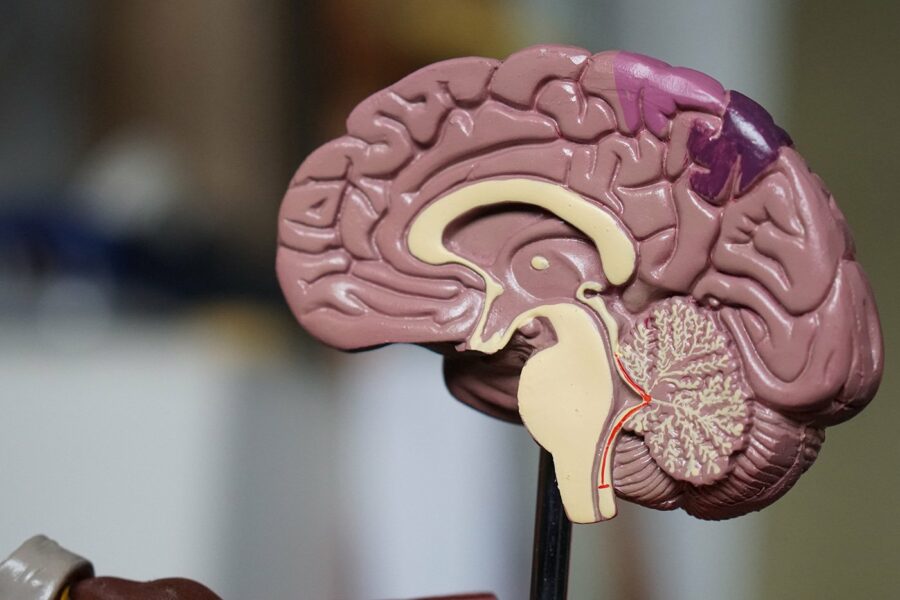
McMaster study offers new insights into treating mental illness
- Oluseyi Olomodosi
- 08 Oct 2019
Researchers at Hamilton’s McMaster University believe their latest findings could offer new insights into potential treatment possibilities for mental illnesses in the future.
In recent years, scientists have become increasingly aware of the importance of the brain-gut connection. Research has shown links between stress, anxiety, and gastrointestinal conditions such as cramps, heartburn, inflammation, and digestive problems. These studies have focused mainly on the role of gut bacteria but have not fully considered the role that antidepressants might play in this process.
Many commonly prescribed antidepressants fall under the category of ‘selective serotonin reuptake inhibitors (SSRIs)’. These work to balance serotonin levels in the brain, and are commonly prescribed to treat depression, anxiety disorders, and panic disorders. Serotonin is a neurotransmitter that plays a major role in regulating mood, sleep, anxiety, sexuality, and appetite. A lot of mental health problems are linked to various serotonin issues.
https://twitter.com/MacHealthSci/status/1181197245179420672
While most people associate mental illness with brain biology, not all of our serotonin is found in the brain. In fact, 90% of the human body’s serotonin is actually produced in the gut.
The study involved treating mice with SSRIs and assessing the effects the medication had on them by recording neural activity. Researchers were particularly interested in the vagus nerve, which is the major neural connection between the gut and the brain and has been shown to be of use in treating depression.
While most studies have only considered the vagal pathway in regards to gut bacteria, the researchers at McMaster wanted to see if it has any relevance or contribution to the therapeutic effect of SSRIs.
The findings showed that exposing the gut to SSRIs had anti-depressive effects that were transmitted to the brain via the vagus. When the vagal pathway was blocked, the anti-depressive effects disappeared. This work suggests that gut-brain signalling via the vagus nerve contributes to the effects of SSRIs, and highlights the potential for treatment approaches that focus on vagal stimulation.
The year-long study was completed at McMaster’s Brain-Body Institute before being published this week in Scientific Reports.
Comments 0
There are no comments


Add comment